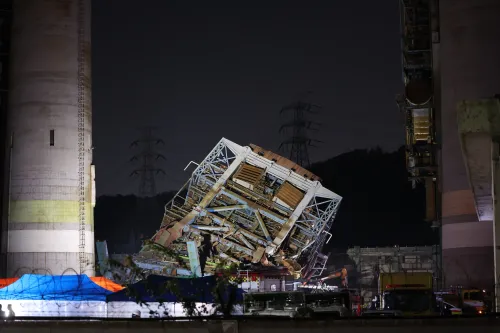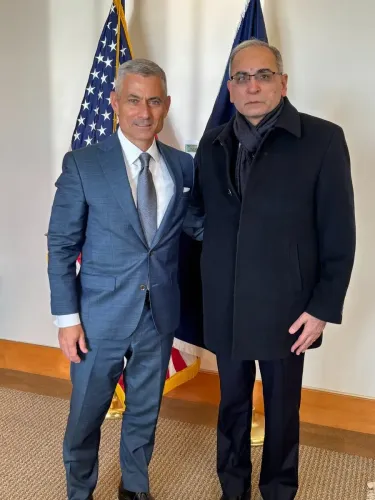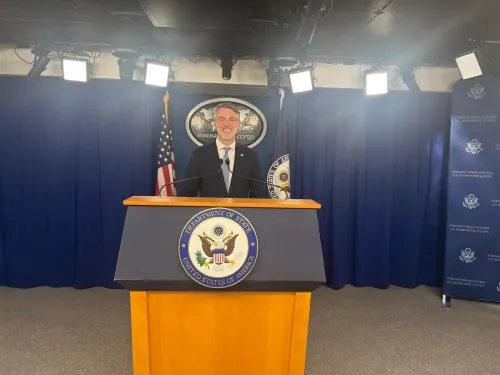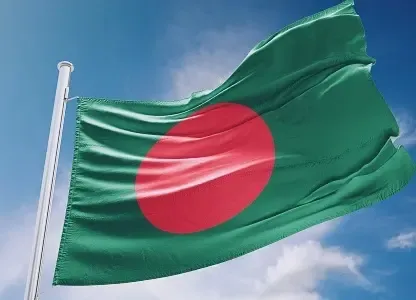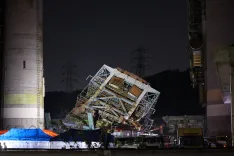Will Three Palestinian Camps in Lebanon Hand Over Weapons in June?
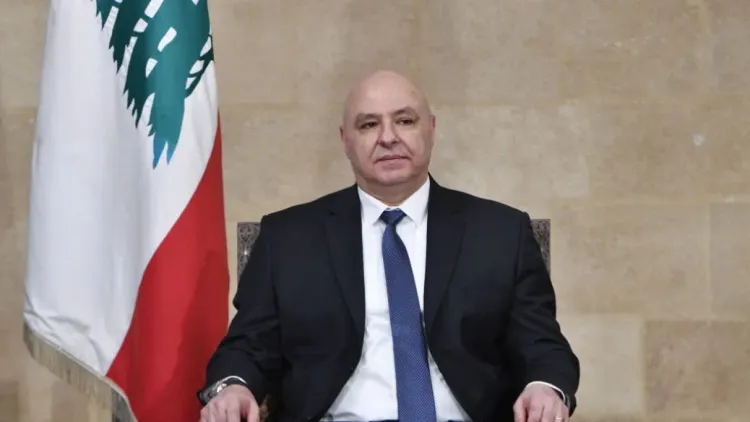
Synopsis
Key Takeaways
- Lebanese President Joseph Aoun announces arms handover from three Palestinian camps by mid-June.
- Agreement aims to eliminate weapons outside government control.
- Joint committees established for implementation.
- Israel criticized for not fulfilling ceasefire obligations.
- US support for the Lebanese army to continue.
Beirut, May 27 (NationPress) Lebanese President Joseph Aoun announced that three Palestinian camps in Beirut are set to commence the process of surrendering their weapons by mid-June, according to Lebanon's official National News Agency (NNA).
Aoun made this declaration on Monday while meeting with a visiting delegation from the US Congress in Beirut.
Earlier this week, Lebanese Prime Minister Nawaf Salam and Palestinian President Mahmoud Abbas reached an agreement to eliminate the presence and operation of arms held by Palestinian factions outside the jurisdiction of the Lebanese state, particularly within Palestinian refugee camps, as reported by the Xinhua news agency.
According to Aoun, joint committees have been established to facilitate this agreement, and the transfer of weapons is slated to begin in mid-June across three camps in Beirut. He added that three Palestinian military camps located in the North, Mount Lebanon, and the South had already been dismantled.
During his discussion with the US delegation, the Lebanese president emphasized that Israel has not fulfilled its obligations under the ceasefire agreement with Lebanon, which took effect on November 27, 2024.
He stated, “Israel continues to occupy five hilltops in the South and has not released the Lebanese detainees, despite repeated appeals from Lebanon, especially to the United States and France, which co-sponsored the agreement.”
Angus King, leader of the US delegation, praised the achievements of the Lebanese army on various fronts, particularly its role in maintaining stability in the South and performing other national responsibilities.
According to the NNA, King affirmed that US support for the Lebanese army will persist, particularly regarding advanced equipment and vehicles.

